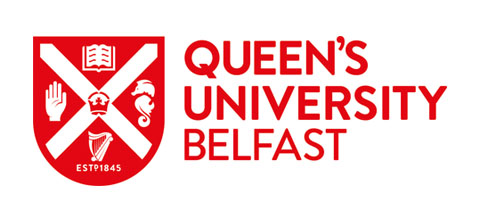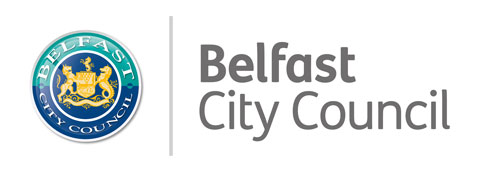The Legacy of The Female Lens
By Amanda Doherty
22 October 2018
Amanda Doherty; actor, artist, and activist, looks at the legacy of the female lens.

Amanda Doherty
2018 has been an historic year for women in Ireland. Here at the QFT we were delighted to screen the first ever horror feature film directed by an Irish woman, Aislinn Clarke’s The Devil’s Doorway. More significantly this year saw Ireland vote en masse to grant women the right to bodily autonomy as the government finally caught up with the people (and the 20th century). Here in the north however, women are still being left behind.
October 2017 marked the 50th anniversary of the UK Abortion Act, an act which is still denied to women in Northern Ireland today, placing us decades behind other provinces in the UK with regard to women's rights. To mark this event, I created Poppi + Gonzo, a neo-realist short which holds a magnifying glass over our failure to support women. Since its creation, the film has been screened at film festivals, universities, and conferences across Europe and the USA including, most recently, the Women’s International Film and Arts Festival in New York to mark International Women’s Day.
As a filmmaker I am inspired by artists who use their work as a tool for social change, who challenge and confront the status quo through their work, with key inspirations for my film including Ken Loach’s, I, Daniel Blake, and Mania Akbari’s 20 Fingers. Creating social change through film, however, should not be considered as limited only to social realism-which can be clearly seen in Rachel Maclean’s stunning feature debut, Make Me Up.
Reviewed in The Guardian as “a surrealist critique and freaky satirical nightmare on the subject of feminism, female body image and social media”, Maclean has created a visually stunning piece of work where The Hunger Games meets Nell Leyshon’s The Beauty Manifesto. Described by the filmmaker as ‘a world that is both seductive and dangerous; a place where surveillance, violence and submission are a normalised part of daily life’ the audience are uncompromisingly confronted with absurd pressures faced by women today in the darkest of satire. Siri wakes to find herself trapped inside a brutalist candy-coloured dream house. Despite the cutesy decor, the place is far from benign, and she and her inmates are encouraged to compete for survival while being watched over by surveillance cameras, 24/7. As the women are forced to go head-to-head in a series of demeaning tasks, Siri, with the help of fellow inmate Alexa, starts subverting the rules and soon reveals the sinister truth that underpins their world. Part of Represent, a series of works inspired by the Representation of the Peoples Act 1918, this film, alongside Rachel’s Q&A has stood out as a highlight of the QFT 50 programme since its release.
Further programme highlights, both this week, include the Women Over 50 Festival Shorts and Dr Jennifer O’Meara’s talk on ‘Women in Film: 1968-2018’. Women Over 50 Festival Shorts is a selection of works drawn from the most recent Women over 50 Festival; a festival which champions the work of older women both on screen and behind the camera. In an industry where older women are too often pushed into invisibility, festival director, Nuala O’Sullivan (who joins us for a Q&A), fights back by placing women over 50 firmly into the spotlight. The achievement of women within the film industry is further expanded upon by Dr Jennifer O’Meara, a recent recipient of the Carnegie Trust Grant to conduct research on her project, ‘Shaping Women’s Screen Voices’. Dr O’Meara’s talk aims to take a more celebratory tone – highlighting the many achievements of women in cinema.
Research findings from the Geena Davis Institute on Gender Equality in Media and J. Walter Thompson Company have reported that 90% of women globally feel that female role models in TV or Film are important, with 58% having felt inspired to be more ambitious or assertive as a result of these female roles models on TV of film. Even more significantly, their research also showed 1 in 9 women globally, rising to 1 in 4 in Brazil, have said that positive female role models in TV and film had given them the courage to leave an abusive relationship. Women in film create impact globally, how incredible for that impact to be celebrated and recognised at QFT 50.
Explore the full QFT50 programme here https://queensfilmtheatre.com/qft50




